Roland Gräbe, Head: Old Mutual Wealth Tailored Fund Portfolios
The Covid-19 pandemic has hurt small or owner-led financial advisory practices that are finding it harder to survive.
One of the significant effects of the lockdowns has been the economic impact on clients and the inability of financial advisors to engage in person, limiting their ability to grow their books. To offset the increasing regulatory burden, financial advisors need to scale their businesses up in 2021. Building scale and driving efficiency are critical in growing a successful practice for financial advisors who focus on investment advice. Many smaller clients are serviced by financial advisors at a loss in terms of time cost, and that is only sustainable if the advisor has a fairly large book with a good proportion of high networth clients.
In March 2020, local equity, bonds, property, and global equity all fell simultaneously, causing even well-diversified investment strategies to suffer significant drawdowns. At the time, financial advisors were inundated by anxious clients dissatisfied with performance while simultaneously struggling to keep their own practice afloat.
As the industry navigates its way out of the second wave and into a likely third one, my advice to advisors is clear. Moving in and out of markets exposes the advisor to advise risk and the client to market timing risk. The subsequent market recovery was as swift as the drawdown, but many advisors and clients reduced risk at the worst time and thus failed to participate in the broad market upswing. Rather, outsource your process to a discretional fund manager (DFM) to reduce keyman risk in advance by deepening the overall investment knowledge you’re able to offer your clients. This will naturally increase the profitability of the practice by allowing you to focus on what you are paid to do in times of uncertainty; namely: providing financial advice. In addition, I would like to share four ways small practices can mitigate the effects of the current economic reality and find opportunities to scale their business in 2021:
1. FOCUS ON THE NEEDS OF YOUR CLIENTS
It sounds simple but focuses on client needs over past performance in recommending investment solutions. If you require additional support in building suitable investment solutions, partnering with a high-quality DFM can add significant value to your client offering whilst managing the overall cost clients incur on investments.
2. PRACTISE GOOD GOVERNANCE
Develop an explicit policy covering issues such as conflict of interest, disclosure, and fiduciary duty. For clients to trust you with their life savings, you must demonstrate adherence to the highest ethical standards. Your investment approach should also be well-documented and available to your clients. That will give them comfort that you have a robust, repeatable process.
3. TECHNOLOGY IS YOUR FRIEND
Even if your clients are mostly retired, the world is fast becoming more digital, and embracing this trend will make you much more efficient. Practitioners that have been able to engage with clients digitally are finding it easier to service their clients, social distancing, and regulations notwithstanding. This is likely to be the way of the future, so don’t expect things to go back to exactly how they were before the pandemic.
4. GROW, GROW, GROW
Focus on growing your practice to absorb the ever-increasing cost of compliance with regulations. Scale is vital in ensuring your business is profitable and the key to ensuring you can give your smaller clients high-quality advice.

MAKE YOUR IMPACT.
PROTECT THEIR
INCOME FIRST.
FSP 47801

